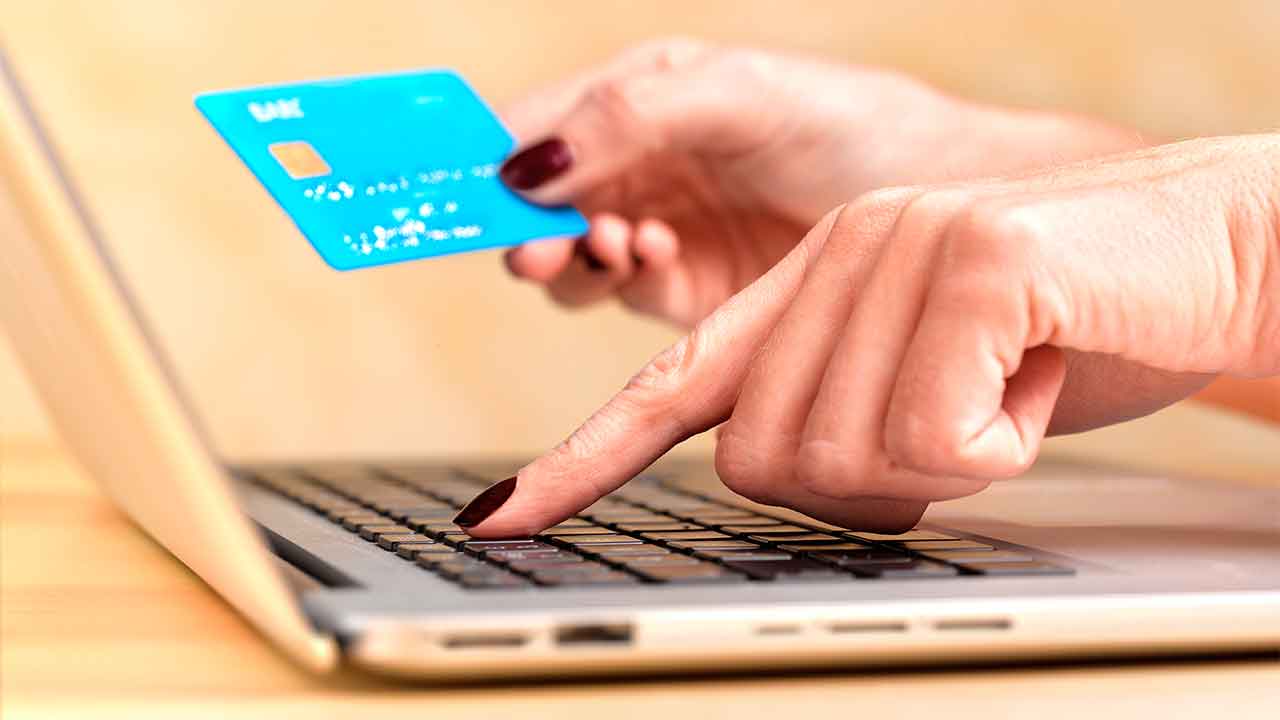How to be safe online

Are you wary of banking online? You’re not alone. Here’s a guide to being safe when using the world wide web.
From banking online and paying your bills to doing your weekly grocery shop, the internet is handy. But is it safe to do all of those things? Yes, if you know how to be safe online.
Many baby boomers have voluntarily shared personal information with people they have never met in person, according to anti-virus developer McAfee. This didn’t include online shopping or business transactions.
A total of 57% of people had shared information or posted personal information online, which Michelle Dennedy, vice president and chief privacy officer at McAfee, says is a big concern.
“The use of social networks among people 50 plus is trending now that it’s become more commonplace across all age groups,” she reveals. “It seems counterintuitive that sharing personal information with strangers would not concern them, however. This further highlights their need to better understand the difference between the real and perceived dangers online and how to best protect themselves."
How do you protect yourself online?
The first step is being aware of the dangers of using the internet. While researching for recipes or local dog beaches is relatively harmless, it’s submitting personal information, such as your contact or banking details, where caution needs to be applied. If you’re banking online, always make sure you go to your bank’s official URL (web address) and not a fake site and if you receive an email from what looks like your bank asking for your details, delete it.
Banks are adamant that any emails from them will never ask for their customer’s banking details, since this is a security risk. If you’re ever unsure and do receive an email from your bank asking for information, contact their call centre.
Emails to delete
Many online scams will come in the form of an email. While email providers have their own security measures to filter out what they think are dodgy messages, it’s best to know what to look out for. If you receive an email from a company or person you don’t know, treat it with caution.
Emails that contain poor spelling or grammar, ask for your personal information, offer deals or prizes that seem too good to be true, or ask you to “donate” a large sum of money, delete it. The best policy is one of caution and constant vigilance.
Avoid banking online at a public computer
When it comes to protecting your hard-earned cash, it always pays to be extra cautious. If you’re at an internet cafe or using a public wi-fi connection with your laptop or tablet, it’s best to avoid doing anything that requires you to share important personal information. While it may be safe with some connections, it may not be with others. Banking websites do have their own security measures for when you’re using their site, but it’s always better to be cautious.
If you’re using a public computer, remember to log out of any sites containing your personal information. This could be your email, Facebook or your online dating profile. You don’t want the person who uses the computer after you to have access to your details. Another key consideration is to keep your passwords private. Avoid sharing them with other people and try to make it a series of letters or numbers you will remember, but that is difficult for others to guess.
Be a smart shopper
If you love to grab a bargain online, be a smart shopper. Make sure the website you’re buying from is legitimate and not a fake version of the real thing. A good tip is to keep a record of all of your online receipts and to regularly monitor your bank statements. If you ever see a purchase on your bank or credit card statement that you’re not sure about, look back through your receipts before contacting your bank to investigate further.
